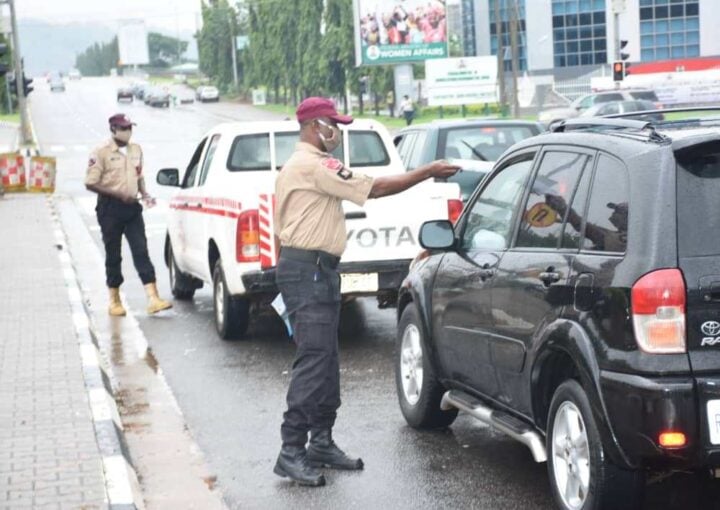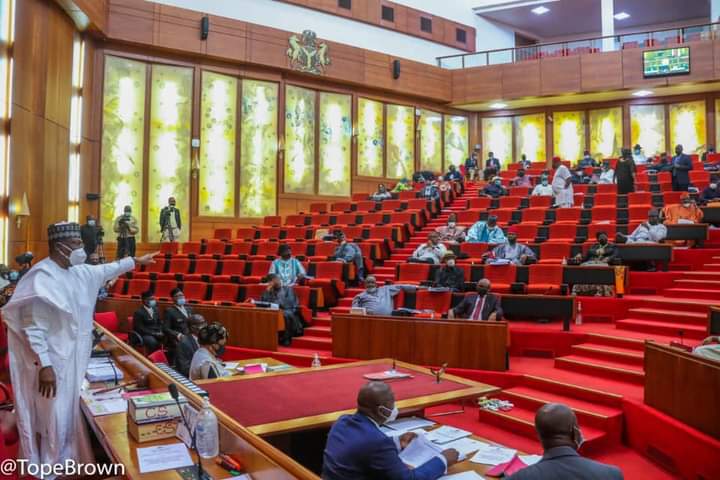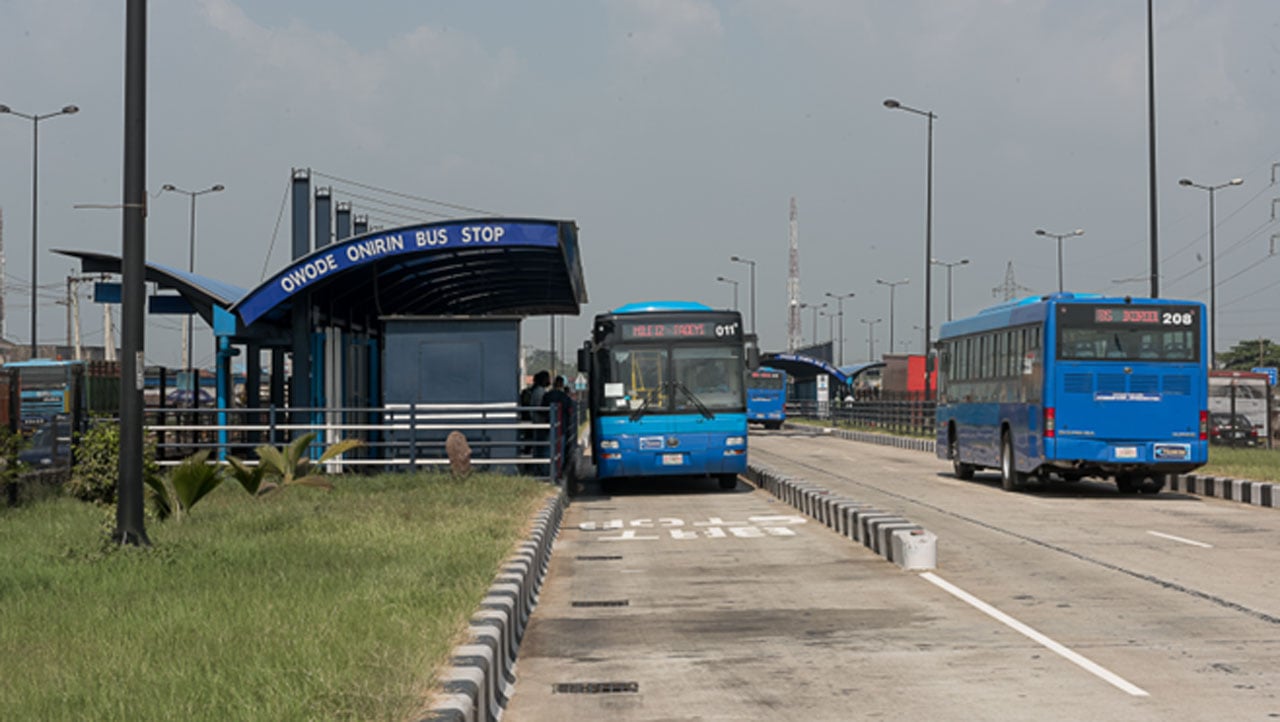The Federal Road Safety Corps ( FRSC) was created in 1988 and operates in all Nigerian states as well as the federal capital territory (FCT) and is the leading agency in Nigeria on road safety administration and management.
Their mandate is to prevent or minimise accidents on the highway; clear obstructions on any part of the highways; and educate drivers, motorists, and other members of the public generally on the proper use of the highways.
Also, their cousins, vehicle inspection officers, are car inspectors whose duty involve inspection and issuance of roadworthiness certificate (RWC) to all vehicles in Nigeria, maintenance of sanity on Nigerian roads and highways by ensuring that vehicles plying Nigerian roads are roadworthy at all time.
However, in recent times, can it be said that the FRSC and VIO have achieved their mandate of maintaining sanity on the roads and roads accidents?
Advertisement
The answer is no. Both the FRSC and VIO have practically turned themselves into revenue-generating agencies and have abandoned their mandate.
In other climes, technology is used for traffic management. It is used to arrest and fine drivers for overspeeding. In Nigeria, FRSC and VIO are more concerned with catching and fining drivers and not about reducing accidents.
In Abuja, for example, you will see heavy traffic gridlocks on some highways. Instead of the VIO officers to be looking for ways to ease the traffic, that is when they will start harassing drivers for car papers, worsening the already bad traffic. They hide at sharp corners or roads to arrest drivers instead of doing their work.
Advertisement
They have joined the police in the extortion game. This is sad.
No doubt, most of the cars on Nigerian roads are not roadworthy but what do you expect? In a country with over 80 million living in extreme poverty, you don’t expect to see many new cars on the road.
Indeed, every problem needs a homegrown solution. You don’t expect the rickety cars, especially taxis, to have new tyres or everything in normal condition.
Arresting taxi drivers or private car owners for using worn-out tyres in this present economic reality is the wickedness of the highest order.
Advertisement
According to the National Bureau of Statistics (NBS), the number of lives lost to road traffic accidents from January 2013 to 2019 are as follows: 2013 – 5,539; 2014 – 4,430; 2015 – 5,400; (FRSC): 2016 – 5,053; 2017 – 5,049; 2018 –5, 181; 2019 – 5,483.
Between January and March 2020, there were 1,758 deaths; April to June 2020, 855 deaths; and July to September 2020, 1,076 deaths.
According to reports by NBS, 41,257 deaths were recorded on Nigerian highways in 97 months.
This goes to show that the traffic management agencies need to do wake up from their slumber. What’s the use of generating revenue for the agency while many Nigerians are dying due to auto crashes every day.
Advertisement
A majority of road accidents, especially in Abuja, have been attributed to over-speeding and driving under the influence of alcohol, drugs and not because their car papers are not complete.
Pointedly, the two agencies should invest more in technology and limit human interactions in traffic management.
Advertisement
They were created to reduce accidents and revenue generation is secondary. Enough of this nonsense.
Jonathan Nda-Isaiah, political director at LEADERSHIP Newspapers, can be reached via 08061573299, 08054518774.
Advertisement
Views expressed by contributors are strictly personal and not of TheCable.
Add a comment







